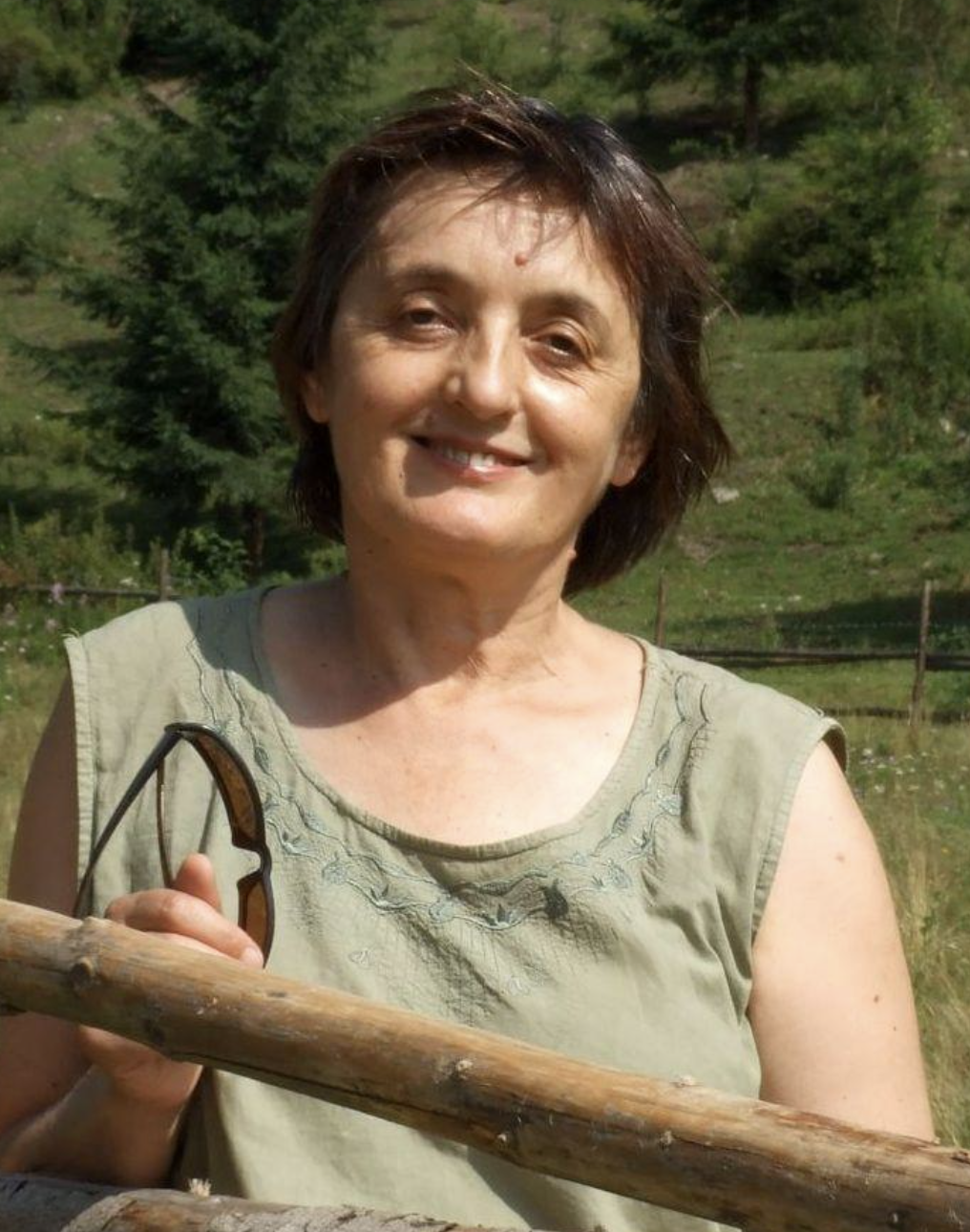
 This presentation offers a unique approach to teaching science by following the natural changes that occur throughout the year, while also exploring the richness of world’s cultures. It integrates these themes with Montessori materials from across all areas of the classroom, creating a holistic and interconnected learning experience.
This presentation offers a unique approach to teaching science by following the natural changes that occur throughout the year, while also exploring the richness of world’s cultures. It integrates these themes with Montessori materials from across all areas of the classroom, creating a holistic and interconnected learning experience.
Cultural themes are layered over the study of continents and bring the world into the classroom through music, folk dances, games, traditions, languages, folktales, and culinary arts.
The lessons plans offered here are invitations to staff members to be inspired and aspire to broaden their own knowledge and resources they can offer to their students, to reorganize and develop new lesson plans as needed, to gain a deeper understanding of the Montessori materials, and to give them more power and appeal to the children.
This approach has been refined over years of classroom observation and has consistently benefited children, especially those who struggle to connect with traditional materials, have difficulty with social interaction, or face challenges in emotional self-regulation.
These ideas may be particularly valuable for schools where access to outdoor space and physical activity is limited. They can inspire educators to move beyond traditional classroom settings, and encourage them to develop an interdisciplinary attitude when creating lessons to follow children’s interest

All rights reserved. Montessori Schools of Massachusetts